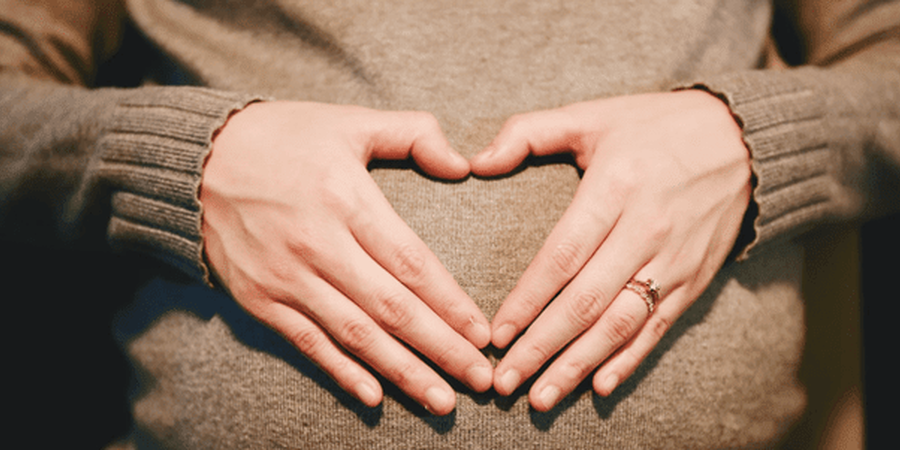Philadelphia, PA - It happens. Women who are addicted to alcohol or drugs become pregnant and need specialized care so that both baby and mother are healthy. While many want to focus on the outrage that a woman becomes pregnant while in active addiction, the focus should be on helping both the child and the mother.
Outrage is better served by targeting the greed that created thousands of Maryland and Delaware residents addicted to opioids—some of the women of childbearing age. Addiction is a mental health disease, and special care is needed for the health of the children of these women who are addicted to opioids, and for the women themselves
Recovery Centers of America at Bracebridge Hall, in Earleville, MD, has created a program with specialized treatment for pregnant addicted mothers. The program has a full team of medical providers, including physicians on staff, who provide individualized care for pregnant women with a substance use disorder. For opioid patients who are pregnant, RCA has an evidence-based treatment program for mothers up to the 32nd week of pregnancy. Two types of treatment exist for this patient. First, if the mother is admitted early in her pregnancy (generally before her twelfth week of pregnancy), she can choose detoxification or medication-assisted-treatment and then receive supervised residential treatment for her addiction. For patients further along in their pregnancy, however, methadone or buprenorphine treatment is the standard of care as detox carries too many risks to the baby after twelve weeks.
Before admission, all pregnant women must undergo a detailed medical evaluation which includes a level two fetal ultrasound, lab studies, and a review by an OB/Gyn.
According to the Medical Director at RCA Bracebridge Hall, Mark Harris, D.O., most women in the program want to detox because they want the best thing for their babies. However, by the time they learn of their pregnancy and undergo the tests needed to be admitted for treatment, it is often past the first trimester. Dr. Harris explained that medication-assisted-treatment is a safe option for the opiate-addicted pregnant patient and the baby. The medications are a type of specialized opiates, however, so the baby will have some withdrawal symptoms that will need treatment at birth.
“it’s a tough situation, and there is a lot of shame with these patients,“ said Dr. Harris. The bottom line is we need to get the word out that the sooner these patients get into treatment, the more options there are for their children’s health.”
RCA’s Pregnant and Parenting Women Program also implements parenting skills training and fitness and wellness and cultural activities related to pregnancy and parenting. Patients are treated with evidence-based services including Motivational Enhancement Therapy, trauma-informed care, recovery, and empowerment, and a nurturing parent program for families in substance abuse treatment and recovery. Finally, RCA is partnering with community groups to facilitate transitional housing in a sober environment for patients after they deliver their babies.


